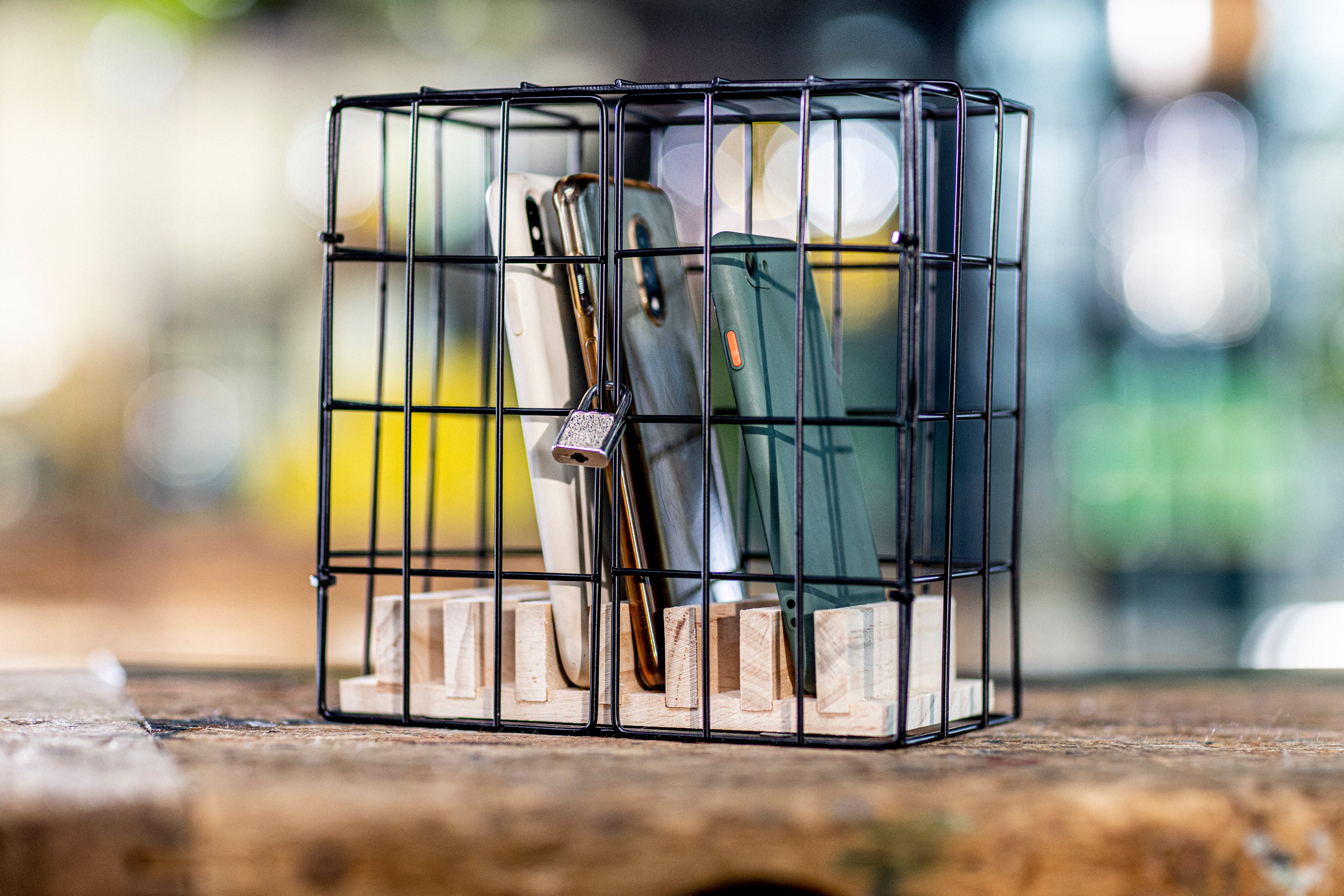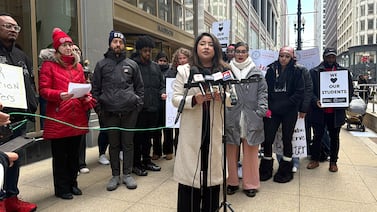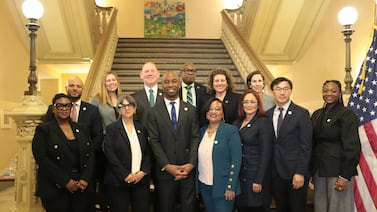This originally aired on The Bell’s Miseducation podcast on June 12.
When I was in seventh grade, something changed in my school. The administration at the Bronx Academy of Letters was implementing a strange new policy called “Yondr.” Haven’t heard of it? Neither had I.
Yondr is a company that makes lockable pouches for smartphones to create “phone-free spaces for artists, educators, organizations, and individuals.” The idea is that it helps with student learning by removing distractions from the classroom.
“We had found that students having cell phones was interfering with student learning.” — Amy Schless, principal of Bronx Academy of Letters
As you might expect, students had some questions about the new policy, many of which I was wondering myself: Is the Yondr phone policy underestimating student maturity? How is the policy affecting student-teacher relationships?
To get some answers, I talk to teachers, my principal, students who have experience with Yondr and even representatives from the company. Listen to this episode to for an inside look at the impact of restrictive cell phone policies on schools like mine.
Zainab Kuta reported this story for The Bell’s Miseducation podcast as a junior at the Bronx Academy of Letters.






